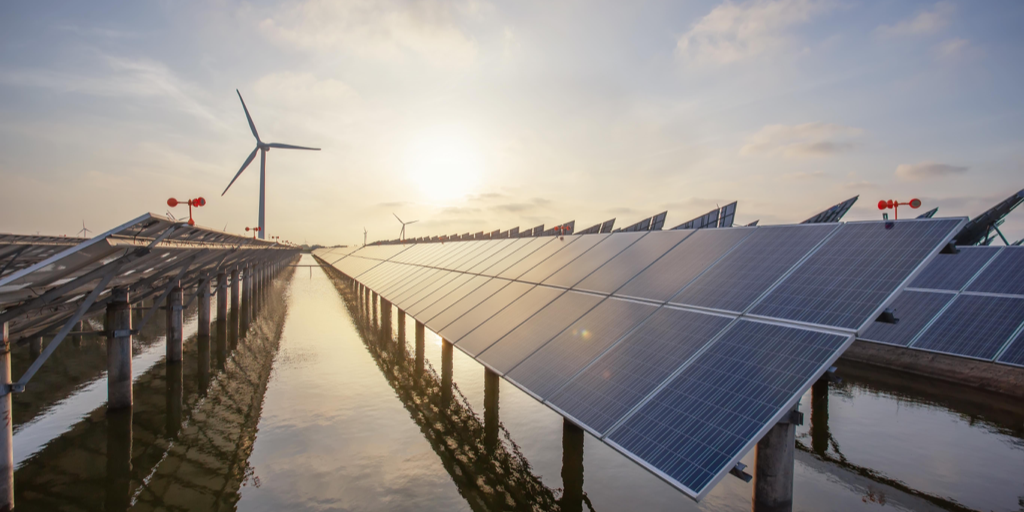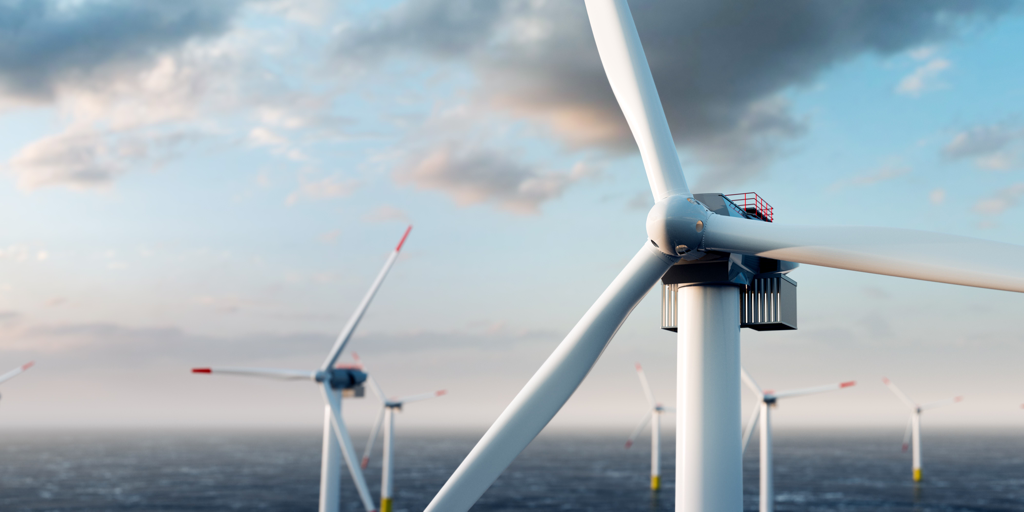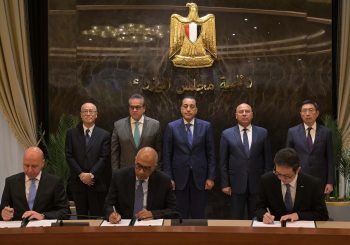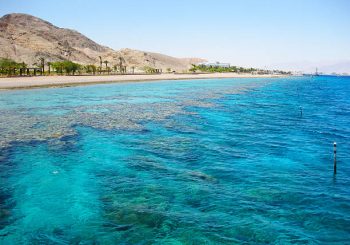2022 and 2023 saw a number of natural disasters that affected different countries and regions across the globe, leaving a significant impact. The droughts in the horn of Africa worsened, 19 countries in West Africa registered heavy floods, and wildfires broke out in several countries across the European continent. These incidents were not haphazard nor were they isolated; they came about as a result of the worsening state of the climate.
June 2023 recorded some of the hottest temperatures ever reached during that month in history, according to a global temperature analysis report done by the National Aeronautics and Space Administration (NASA).
Egypt — hailed by the international community for its abundance of natural resources — has an ideal location and weather conditions to potentially become a renewable energy hub, which the country is targeting as part of its sustainability plan.
Over the years, the country began its shift towards clean energy by setting up several renewable energy plants and projects, and sealing a number of deals for the production and export of clean energy.
Sun, Wind, and Other Renewable Energy
Among the main culprits behind climate change are greenhouse gases, which come as a result of burning fossil fuels, and as a byproduct of the production of electricity and heat.
Greenhouse gas emissions contribute to global climate disaster in that they trap the heat radiating from the sun in the earth’s atmosphere, causing average temperatures to rise.
Renewable energy — energy generated from natural resources such as sunlight and wind — is the primary source of energy being bastioned by climate change activists as it has been found to release significantly less emissions than its counterparts.
Egypt has the natural resources required to host renewable energy facilities, in abundance. The country’s climate, which is sunny almost all year round, coupled with the wide stretches of unused land available, and high winds contribute to its potential to be a regional leader in clean energy.

Solar energy plants, which can be set up in any location where there is access to sun, harvest energy from sunlight. As of 2022, the three principal solar energy plants in Egypt are the Benban Solar Park in Aswan, the Siwa Solar Plant, and the Kuraymat Concentrated Solar Power Plant.
Hailed as one of the largest solar parks in Africa, Benban Solar park is a solar photovoltaic plant that is forecasted to generate about 18 percent of Egypt’s total electricity production when fully developed. With aspirations to be recognised as the biggest solar park globally, it registered a 1.5 percent contribution to the electricity produced in the country in 2022.
In terms of wind power, Egypt’s wind speed averages on 10.5 metres per second. In 2022, Egypt’s up and running wind-power plants make up 500 megawatts with an extra 2.5 gigawatt capacity registered by independently owned power producers (IPPS).
Moreover, earlier in June 2023, Egypt-based company Hassan Allam Utilities, along with UAE-based Masdar and Infinity Power, signed an agreement for land procured to build what is set to be the largest onshore wind farm globally. The wind farm is expected to generate a yearly amount of 47,790 gigawatt hours of clean energy with a predicted decrease of the country’s annual carbon emission of nine percent.
Green Hydrogen
In 2022, the Egyptian government, in collaboration with UAE-based green energy company AMEA, signed a Framework Agreement for the establishment of a green hydrogen project set to produce a yearly amount of 800,000 tonnes of green ammonia to be used domestically as well as to be exported.

Green hydrogen is made by splitting a water molecule into its base components, hydrogen and oxygen. It has been hailed as an energy source to combat climate change due to its ability to generate heat at higher temperatures, the likes of which is used in industrial processes. It does so without emitting carbon.
As part of its updated 2035 Integrated Sustainable Energy Strategy (ISES), the Egyptian government has laid out a plan that will see 42 percent of the electricity supply produced from renewable energy sources by 2030. These are split up between wind, sun, and hydropower.
Earlier in 2023, Egypt’s cabinet also approved a draft law that encourages and promotes green hydrogen projects. The law comes as an effort to boost environmentally friendly initiatives by incentivising projects that work within the scope of green hydrogen production as well as its derivatives.
In an effort to continue its transition towards green energy, Egypt signed an agreement with Norwegian renewable power producer, Scatec, to set up a green methanol project, the “first of its kind” in the country, earlier in 2023. Expected to generate 40,000 tonnes of green methanol annually, the project will put Egypt on the global arena as a producer of “green fuel for ships.”
These are only a few of several projects currently in the pipeline that will contribute to positioning Egypt as a regional renewable energy hub. With abundance of natural resources within its borders, Egypt is a country brimming with opportunity in the clean energy sector.
Subscribe to the Egyptian Streets’ weekly newsletter! Catch up on the latest news, arts & culture headlines, exclusive features and more stories that matter, delivered straight to your inbox by clicking here.







Comments (2)
[…] 2022 and 2023 saw a number of natural disasters unfold that affected different countries and regions across the globe. The droughts in the horn of Africa worsened, 19 countries in West Africa registered heavy floods, and wildfires broke out in several countries across the European continent…Read More […]
[…] post Emerging Clean Energy Hub: Egypt’s Potential as a Regional Renewable Energy Leader first appeared on Egyptian […]